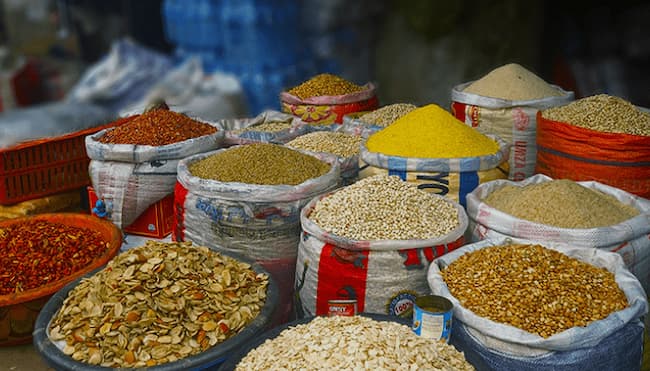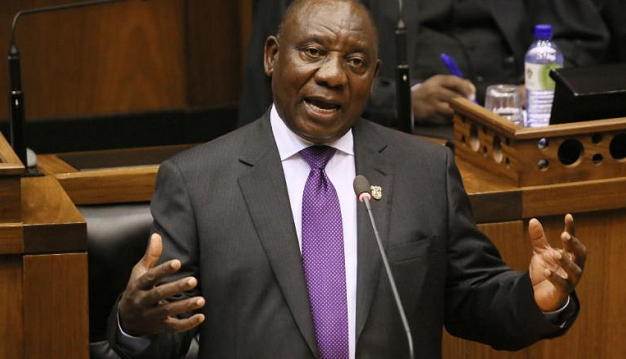The Central Bank of Nigeria (CBN) revealed that $2.13 billion was spent on food imports in 2023, underscoring the persistent demand for foreign food products despite Nigeria’s reputation as the “food basket of Africa.”
According to CBN’s quarterly statistics, the forex released for food imports indicated a consistent demand from abroad. This surge coincides with the highest average price of imported food commodities, which increased by 34% between April 2023 and April 2024.
Sub-Saharan Africa, including Nigeria, has experienced rising food prices, partly due to global factors, as the region relies heavily on imports for staple foods. This situation raises concerns for Nigeria’s economy, which has a substantial agricultural sector. Efforts to boost local production have been hampered by inadequate infrastructure, insecurity, and climate change.
Despite the Federal Government’s strategy to curb food imports to mitigate economic hardship, the significant expenditure highlights ongoing challenges. Experts suggest this hinders Nigeria’s progress towards eradicating hunger by 2030, as outlined by the United Nations Sustainable Development Goals.
A breakdown of the CBN’s forex releases for 2023 shows varied monthly disbursements: $245.7 million in January, $163.6 million in February, $268.4 million in March, $240.9 million in April, $238.3 million in May, and $206.1 million in June. The figures for the second half of the year were $58 million in July, $95.3 million in August, $119.9 million in September, $132.4 million in October, $235.9 million in November, and $126.2 million in December. This total was 23% less than the $2.7 billion disbursed in the previous year.
The National Bureau of Statistics (NBS) reported in April 2024 that food inflation increased from 15.92% to 40.53%, driven by price surges in staples such as millet flour, garri, bread, yam, and vegetable oils, among others. However, a month-on-month basis showed a decrease in the food inflation rate to 2.50% in April 2024, down from 3.62% in March 2024.
The annual rate of food inflation for the twelve months ending April 2024 averaged 32.74%, a 9.52% increase from the previous year’s rate of 23.22%.
Kabir Ibrahim, National President of the All Farmers Association of Nigeria, noted that Nigeria has never been completely free from food imports. He projected an increase in food importation due to ongoing challenges like insecurity and flooding, which affect farmers’ purchasing power and agricultural productivity.
He stated, “We have only been free from importing certain items. The figure may increase this year due to the challenges of insecurity, flooding, and farmers’ purchasing power.”
Professor Yusuf Muda, Managing Director of the Centre for the Promotion of Private Enterprise, emphasized the need for accurate data to understand the balance between total food consumption and food imports. He stressed the importance of identifying the types of food being imported, such as wheat, which is essential for producing bread, flour, spaghetti, and noodles.
“We need to know the total amount of food consumed yearly and what percentage is imported versus what is produced locally. This data is essential for making informed assumptions,” Muda said.
The ongoing challenges of food imports and rising prices highlight the urgent need for strategic investments and policies to strengthen Nigeria’s agricultural sector and achieve food security.













